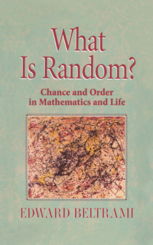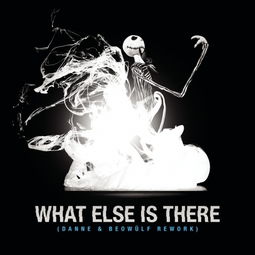
Have you ever come across the mysterious word “OM”? It’s a term that transcends languages and cultures, popping up in various contexts. In this article, we’ll delve into the multifaceted meaning of “OM,” exploring its origins, uses, and significance across different domains.
What is OM?

OM, also spelled AUM, is a sacred sound and symbol that holds immense importance in various spiritual and religious traditions. Its origins can be traced back to ancient India, where it is considered to be the primordial sound from which the universe emerged.
Origin and Symbolism

In Hinduism, OM is considered to be the universal sound that encompasses all other sounds. It is believed to be the first sound made by the universe and is often chanted during meditation and prayer. The symbol itself is a combination of three letters: A, U, and M, each representing different aspects of the universe.
| Letter | Meaning |
|---|---|
| A | Creation |
| U | Maintenance |
| M | Destruction |
OM in Yoga

In yoga, OM is considered to be the most powerful and soothing mantra. It is believed to have the power to calm the mind, relieve stress, and bring about a sense of inner peace. OM is often chanted at the beginning and end of yoga sessions to signify the union of the individual soul with the universal consciousness.
OM in Hinduism
In Hinduism, OM is considered to be a sacred mantra that represents the ultimate reality. It is often used in rituals, prayers, and meditation to invoke the divine presence. Many Hindus believe that chanting OM can bring them closer to the divine and help them achieve spiritual enlightenment.
OM in Buddhism
Buddhism has also adopted the concept of OM, considering it to be a sacred sound that represents the nature of reality. In Tibetan Buddhism, OM is often chanted as a mantra to invoke the blessings of the Buddha and to purify the mind.
OM in Modern Culture
In modern times, OM has gained popularity beyond its spiritual and religious roots. It has become a symbol of peace, mindfulness, and well-being. Many people use OM as a reminder to stay grounded and connected to their inner selves.
OM in Music
In music, OM is often used as a sound that represents the universe or the divine. It is featured in various genres, including new age, world music, and electronic music. OM is believed to have a healing and transformative power that can enhance the listening experience.
OM in Technology
In technology, OM has been used as a brand name for various products and services. For example, OM is the name of a popular smartphone brand in India. It is also used as a code name for various projects and initiatives in the tech industry.
Conclusion
OM is a multifaceted term that holds immense significance in various spiritual, religious, and cultural contexts. Its origins can be traced back to ancient India, where it is considered to be the primordial sound from which the universe emerged. Today, OM continues to be a symbol of peace, mindfulness, and well-being, transcending languages and cultures.






